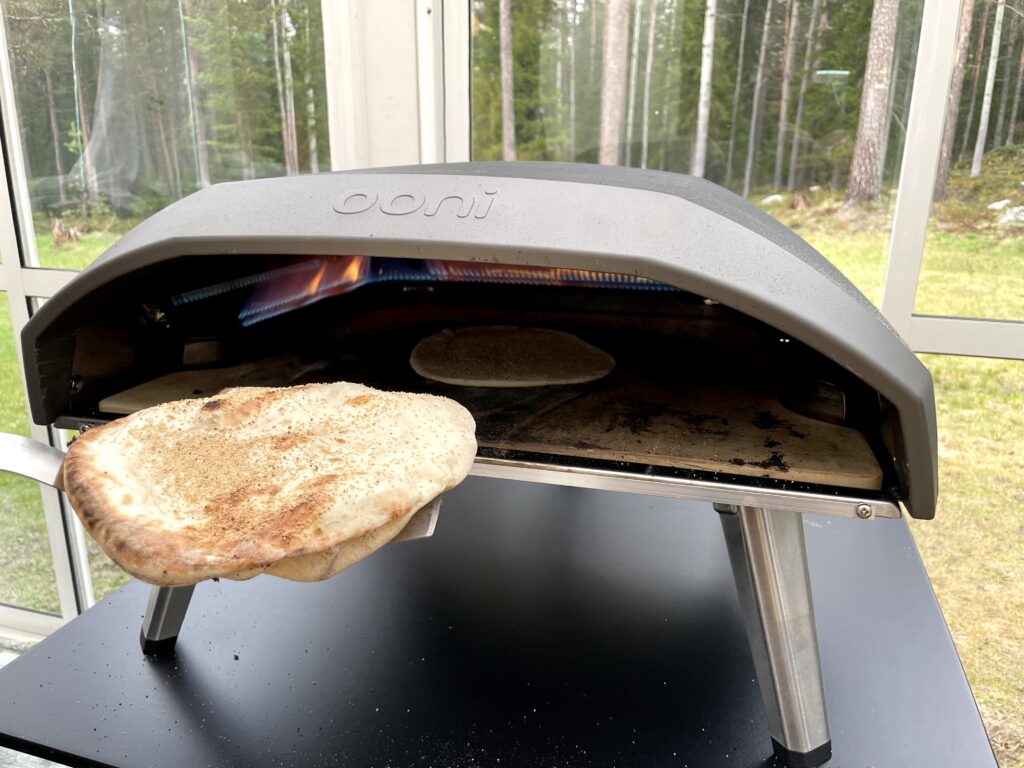On 210525 I present the following abstract at Design for Learning 2021. The conference is held online.
Abstract
This abstract presents the results from an informal learning process called Luleå Game Create where children, ages 7-15 and accompanying adults got a gentle introduction to computer game creation in a Makerspace [1] setting at Luleå Makerspace where special focus is given to gender equality [2].
Luleå Makerspace was founded in 2013 with the goal to provide an open learning environment [3] for people of any gender and background to realize their ideas, i.e. go from idea to prototype using modern tools and learn from each other. The Makerspace provides a creative environment where learning is done through either unstructured personal interactions or via organized workshops [4].
Luleå Game Create
Luleå Game Create is a series of informal workshops run during 2019-2020 where the participants learned how to create computer games. The format is based on that a workshop leader shows how to create different types of games and the participants get to make the games their own via various choices. The technical platform used is Unity, a professional game development engine [5].
Material for each workshop is designed with two parts; 1: pre-made digital libraries to help game creation, and 2: detailed instructions on how to create the game and highlights different features. The instructions are shared openly and can be used by the participants after the workshop [6].
The length of each workshop is 2.5 – 3 hours and the participants can either loan pre-setup computers at the makerspace or bring their own devices which they have to pre-configure at home. During the workshop much focus is placed on that everybody can follow along and participants are encouraged to help each other. Some of the children participate on their own and some together with an accompanying adult. Each workshop has between 10 and 15 participants and the workshops do not build on each other even though they might be divided up over two sessions.
Focus is placed on gender equality with the long-term goal of raising interest for studying STEM and Computer Science subjects among young girls [7]. All workshops where open to both genders except one where together with the company Star Stable, a horse game was created.
Discussion and Conclusions
Luleå Game Create has run during 2019 and 2020 and so far about 75 participants attended the workshops. The feedback has been very positive with an overall grade of 4.5 out of 5 and 9 out of 10 say that they have gotten an increased interest in creating computer games and want to learn more.
Requests for future topics include various details related to creating games but also other maker skills such as modelling for physical fabrication using 3D-printing and laser cutting.
For the non-girl specific workshops, the gender balance is about equal between the children but surprisingly biased towards women among the adults (i.e. mothers and relatives) which has led to that a specific workshop for adult women is being planned. This is very positive as adult role models are important.
During the pandemic the series moved online using Zoom instead but unfortunately with less interest from the earlier participants.
References
[1] P. Blikstein, Digital fabrication and ‘making’ in education: The democratization of invention, in: J. Walter-Herrmann, C. Büching (Eds.), FabLabs: Of Machines, Makers and Inventors, Bielefeld, 2013.
[2] Sylvia Walby, The European Union and Gender Equality: Emergent Varieties of Gender Regime, Social Politics: International Studies in Gender, State & Society, Volume 11, Issue 1, Spring 2004, Pages 4–29, https://doi.org/10.1093/sp/jxh024
[3] Tomko, M, Schwartz, A, Newstetter, W, Alemán, M, Nagel, R, & Linsey, J. ““A Makerspace Is More Than Just a Room Full of Tools”: What Learning Looks Like for Female Students in Makerspaces.” Proceedings of the ASME 2018 International Design Engineering Technical Conferences and Computers and Information in Engineering Conference. Volume 7: 30th International Conference on Design Theory and Methodology. Quebec City, Quebec, Canada. August 26–29, 2018. V007T06A036. ASME. https://doi.org/10.1115/DETC2018-86276
[4] Kajamaa, A., & Kumpulainen, K. (2020). Students’ multimodal knowledge practices in a Makerspace learning environment. International Journal of Computer-Supported Collaborative Learning, 1-34.
[5] Unity: Make real-time 3D projects for Games, Animation, Film, Automotive, Transportation, Architecture, Engineering, Manufacturing & Construction. Visualize & simulate industrial projects in 3D, AR, & VR. https://unity.com/
[6] Peter Parnes (2019-2020). Instruktioner för Luleå Game Create #1 Hoppspelet – en lärarledd workshop i Unity. https://docs.google.com/document/d/1L2e5eP8BhoOfzFNWAlUeDO4b_FxqO4Rcev00dQlrbnA/
[7] Ashcraft, C. S. (2013, March). Girls in IT: the facts-a comprehensive look at the latest research on gender and technology in K-12 contexts. In Proceeding of the 44th ACM technical symposium on Computer science education (pp. 740-740).



